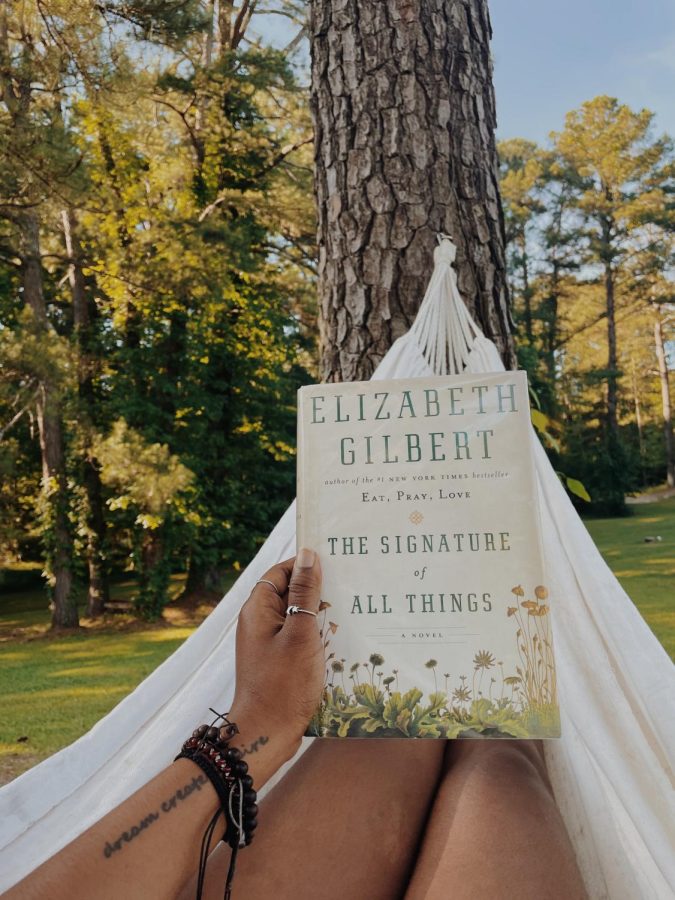Gone are the days where one could completely immerse themselves in a hobby without being that good at it and not feeling the pressure to monetize it.
Don’t get me wrong. I like how this generation has the opportunity to turn just about any passion into income. However, the benefits of having a hobby to escape daily pressures and stress has been traded for a life devoid of any wholesome leisure.
Generation Z (born between 1997 and 2012) are arguably the most creative and statistically the most diverse generation, according to USA Today. With all of this creativity pulsing through our veins, why are we also a generation riddled with crippling anxiety and depression? Being known as “digital natives,” our lives quite literally revolve around technology.
“Growing up in a hyper-connected world can evoke intense feelings of isolation and loneliness in some youth,” the Annie E. Casey Foundation said, in an article. “It can also fuel a steady drumbeat of negative news stories, a fear of missing out and shame in falling short of a social media-worthy standard.”
Although we are probably the most creative generation so far, our creative energies aren’t necessarily balanced between passion-fueled careers and imperative recreation.
We may all have passive activities we like to partake in, but they’re not technically considered hobbies. Dan Scotti from Elite Daily highlights the difference between pastimes and hobbies: hobbies are things you have a genuine interest in and pastimes are there simply to past time.
To put it into perspective, my generation believes that going to the gym is a hobby, binging television shows is a hobby, and swiping through Tinder is a hobby. According to Scotti, those things are pastimes, not hobbies.
Essentially, “a hobby should tell a lot about you,” Scotti said. “How you choose to spend your free time is one of the most intimate, revealing characteristics about your general being.”
It is difficult to find the time nowadays for hobbies, but if we intentionally reallocate the time we use mindlessly scrolling on TikTok or the time we use complaining about how bored we are, time should appear with no problem.
In Psychology Today, associate professor of psychology at James Madison University in Virginia Jaime L. Kurtz highlights reasons why it’s beneficial to pick up a hobby. She mentions hobbies promote flow, structure, new social connections, stress relief and an interesting aspect to you as an individual.
As a full-time student who works part-time, I can attest to the value of having a hobby or two. It’s nice having something I can do that’s not tied to an outcome of any sort. It’s just there for me to explore my interests and passions.
This isn’t to argue against turning a passion that was once a hobby into a source of income. If anything, that’s what I encourage people to do. However, when a hobby is monetized, it loses some of its appeal overtime, so it’s important to explore new hobbies alongside the ones that transcend the title of “hobby.”
So, Gen Z, let’s put down our phones for a second and bring back hobbies for the sake of just having one.
Aaliyah Alexander is a junior studying journalism and international studies. Follow her on Twitter @aaliyahdanyell.









